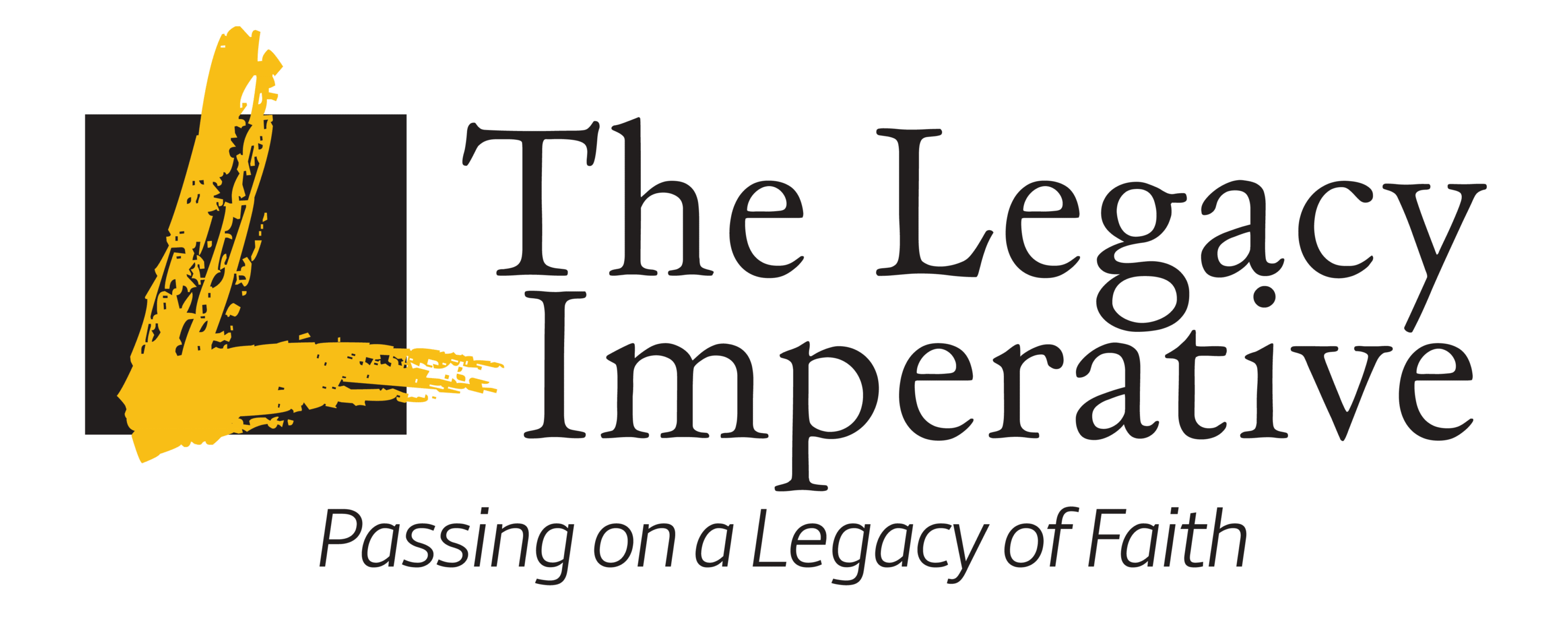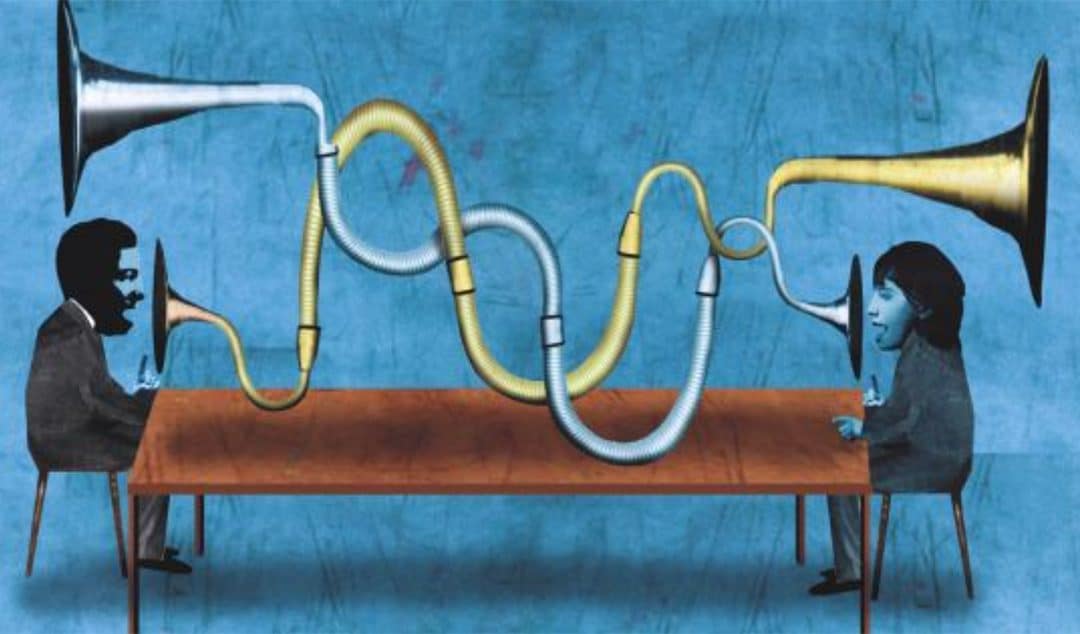Take a Deep Breath and Listen
America has not been this divided since the 1850s. If we don’t stop to listen to each other, our tribalism may produce another Civil War.
The rage of this past week may foreshadow a more violent future. It’s beginning to look eerily like the culture wars of antebellum America—just before they erupted into a bloody Civil War. Slavery was the issue that polarized people in the 1850s. It was a grotesque evil that stirred passions and created tribalism: North and South; Unionists versus states’ rights Confederates; abolitionists, slave holders, rabble rousers, war hawks, compromisers, and pacifists. It was a time much like our own.
Slavery violated all our founding principles as a nation. It had to end. But was a Civil War necessary? If rabble rousers in the 1850s could have foreseen the slaughter of 750,000 young men, would they have stopped to listen to reason? If they had known their reckless rhetoric and implacable views would leave wounds in the American psyche that still exist 160 years later, would they have sat down to find the only solutions possible—and end slavery and institutional racism?
But they didn’t listen. The 1850s was the era of yellow journalism. Each political party, religion, society, and tribe had its own newspapers and magazines to buttress its ideals. Much like today, people got their news and views from their preferred echo chamber. If you go from FOX News to CNN to MSNBC to various social media news feeds, you will soon discover that we live in alternate universes, which show only the images that support our narrative. It’s a digital reprise of the 1850s.
John Brown was the Antifa of his day, the avenging abolitionist spreading terror across the border states. Instead of listening to the righteous rage of abolitionists, slave holders demanded law and order to protect their evil enterprise. While presidents dithered, U.S. congressmen got into fistfights on the floors of the House and Senate. They made today’s polarized politics look like Sunday school picnics. Like now, powerbrokers protected and enlarged their turf by exploiting divisions rather than doing what was necessary to heal the gaping wounds of institutional racism that had plagued America since 1620. Though there has been great progress in the years since the Civil War, it has been slow in coming and is still far from complete. So, the question remains: did it require a Civil War to lance the great festering wound? What if people had stopped, took a deep breath, and listened in the 1850s? We will never know. Yet, could we try it today—before it’s too late?
The Jesus Way
Study the life of Jesus, and one things comes clear: He did more listening than talking; more time observing, than pontificating. He was asked many questions, but there are only three times in the gospels when he immediately gave an answer. Mostly, he responded to the questioner with a question: “What do you think?” Jesus was a healer. He asked questions to understand the other person. He never barged into folks’ personal space with a one-size-fits-all answer to life’s difficult issues. Too often our discussions turn into political rants, social diatribes, or long-winded defenses of our way of thinking. We are more like verbal drive-by shooters. But Jesus did the delicate surgery required in a heart transplant. He was comfortable in his own skin, and his ego was never an issue. Scoring a point was never as important as winning the person.
The Bible says, “Jesus grew in wisdom and stature, and in favor with God and man.” [Luke 2:52] Maybe, as a child in Hebrew school, he took seriously the words of Old Testament Scripture: “A wise man will listen and increase in learning.” [Proverbs 1:5] The Puritans used to say that God gave us two eyes, two ears, and only one mouth for a purpose: we should spend twice as much time watching and listening, than we do speaking. In a Selfie Generation, too many of us are like the character played by Bette Midler in the movie, Beaches. She talks incessantly about herself, and then pauses to say, “Enough talk about me. Let’s talk about you. What do you think about me?” She might have added, “…and my wonderful viewpoints on the key issues of life?”
We need to get out of our echo chambers and listen to those who have radically different ideas—especially when they are held by our children and grandkids! There are racial issues that white folks will never existentially understand. We need to listen to the voices of Black Lives Matter. We may not like the way they express their rage, but we need to listen to Millennials and Gen Zs who are protesting in the streets. We need to read the books and listen to the media that are informing their world views. Otherwise, we will never understand what’s happening in Digital Land, or earn the right to be heard by Digital Natives. Like Jesus, we need to ask questions, and then listen carefully to answers—even if they are initially offensive. After listening, we need to reflect long and hard. And, when necessary, change our views and actions.
Boomer and Z
I grew up in an era when old folks said, “Children should be seen and not heard.” Today, we need to be seen and our young need to be heard.” Legacy Imperative is producing a new tool to help facilitate the process: Boomer and Z—Bridging the Generational Divide. These videos will feature a Baby Boomer and Gen Z discussing the explosive and divisive issues of our era. They will almost always have different takes on the issues discussed. But they will listen respectfully to each other, discuss their viewpoints in a calm manner, and, hopefully, bridge some divides. We hope that these provocative discussions will model how older generations should engage in meaningful dialogue with the next generations. We think that you will even want to send some of these by Instagram or Twitter to your kids and grandkids. We’ll let you know when they debut.
While There’s Still Time
Today, there are too many parallels to the 1850s. Yet, we don’t have to resolve these differences the way America did in its awful Civil War. But we do have to slow down, take a deep breath, and listen to each other. God said through the prophet Isaiah, “Come, let us reason together…” May we do that today—while there is still time.
Dr. Bob Petterson
Legacy Imperative

